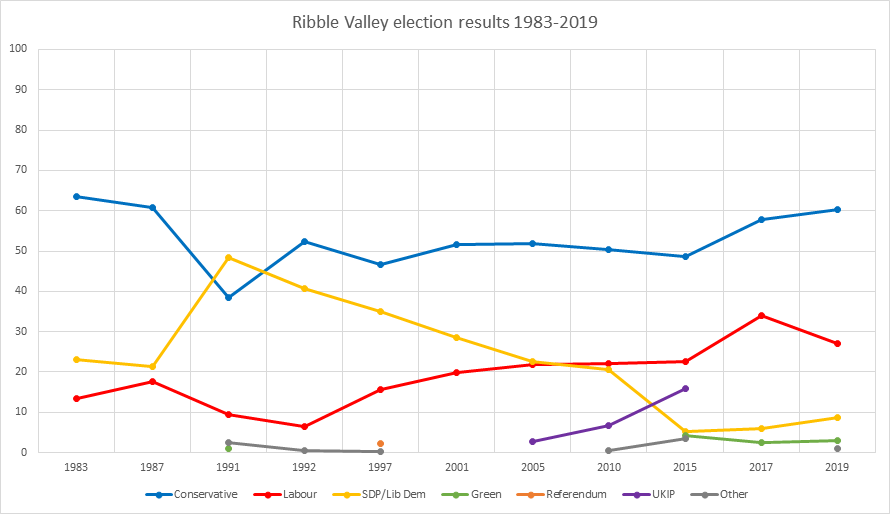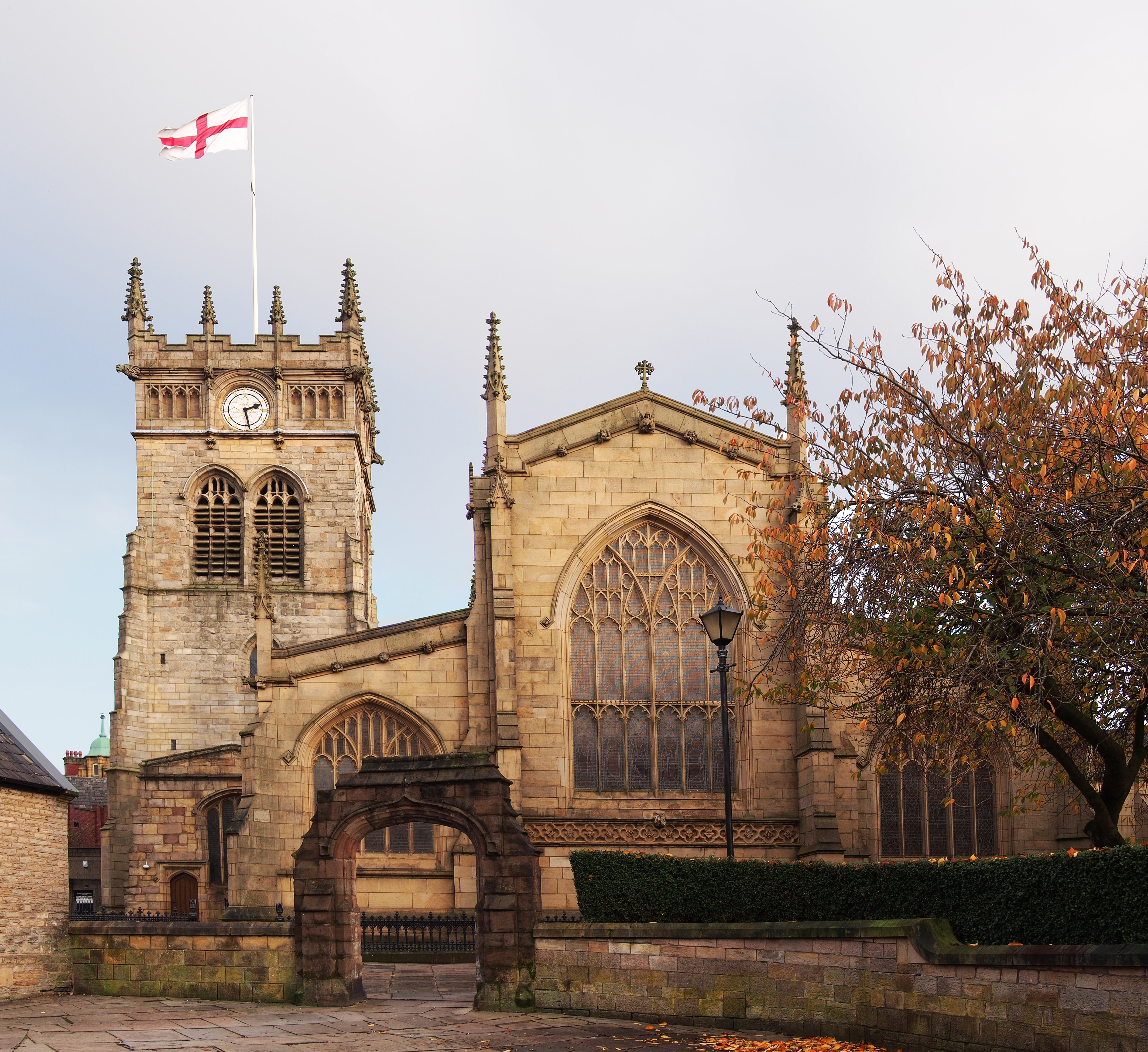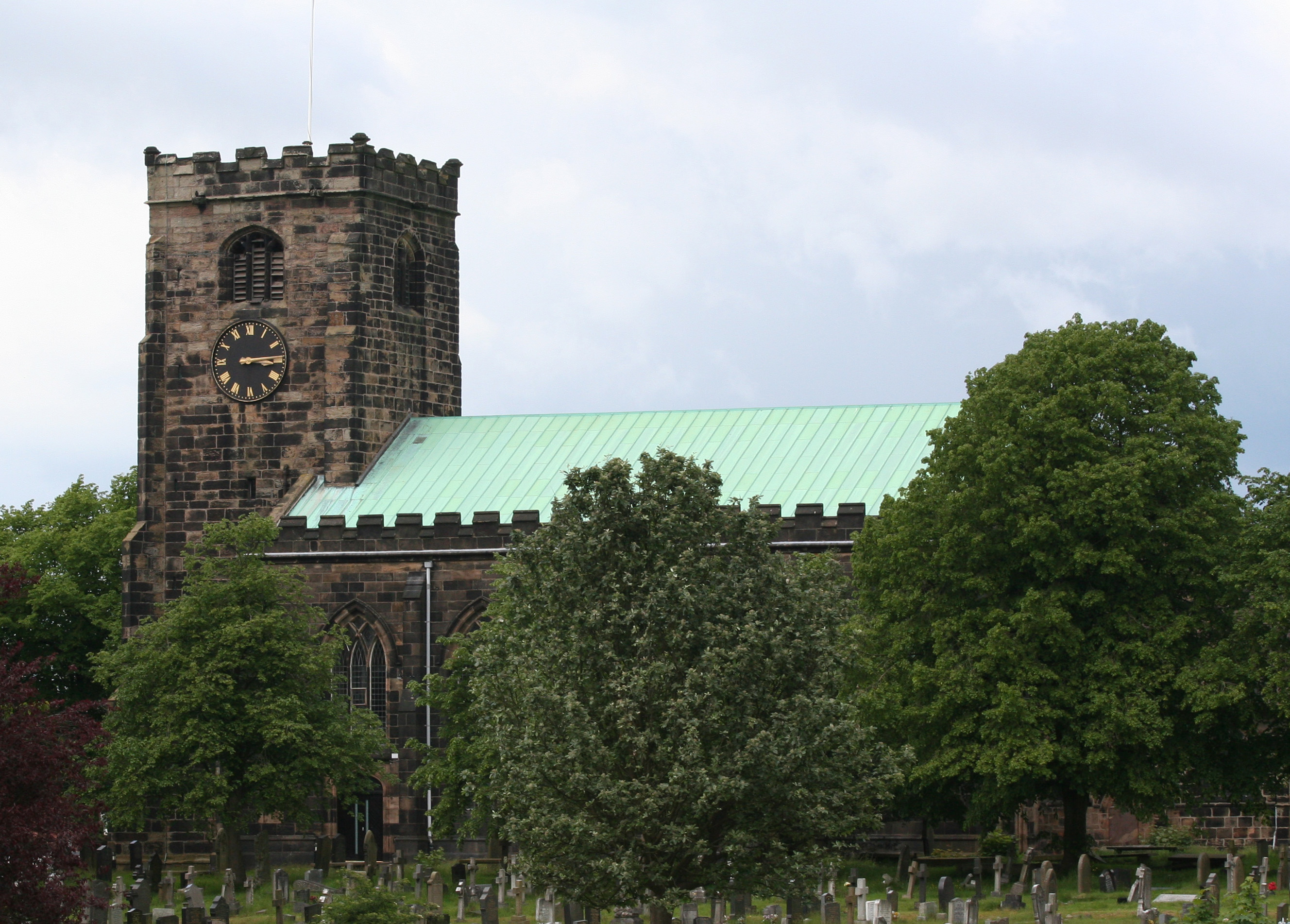|
Gregson Lane
Gregson Lane is a village in Lancashire, England. It is situated between Bamber Bridge, Higher Walton, Coupe Green and Brindle, and is within four miles of the city of Preston. Most of the village is in an unparished area of South Ribble borough and Ribble Valley parliamentary constituency. However, a small part of the village lies in Brindle civil parish in the Borough of Chorley and Chorley parliamentary constituency. The village is situated in the Hoghton postal district, as the Royal Mail does not recognise it as a separate village; this postal district also includes Coupe Green and Hoghton is often called the village of two halves by residents. Despite this, it is administratively and geographically separate. The village is in the Gregson Lane & Coupe Green ward which elects two councillors. At the May 2011 election, Jim Marsh and Warren Bennett both from the Conservative party were elected. Bus services The bus service founded in the village in 1910 became the fir ... [...More Info...] [...Related Items...] OR: [Wikipedia] [Google] [Baidu] |
Ribble Valley (UK Parliament Constituency)
Ribble Valley is a constituency in Lancashire represented in the House of Commons of the UK Parliament since 1992 by Nigel Evans, a Conservative. Evans has served as a Deputy Speaker of the House of Commons and Second Deputy Chairman of Ways and Means since January 2020; he previously served as First Deputy Chairman of Ways and Means from 2010 to 2013. History The Ribble Valley constituency was created in 1983 almost wholly from the former seat of Clitheroe. Much of the eastern part of the constituency lies within the historic county boundaries of the West Riding of Yorkshire. Constituency profile The constituency enjoys scenic villages for both commuters and the retired, has slightly higher than national average income and much lower than average reliance upon social housing. As of December 2012, unemployment was significantly lower than the national average. With the exception of one year when, following a by-election, it was represented by a Liberal Democrat, the MP has been ... [...More Info...] [...Related Items...] OR: [Wikipedia] [Google] [Baidu] |
Ribble Motor Services
Ribble Motor Services was a large regional bus operator in the North West England based in Preston. History Ribble Motor Services commenced operating in 1919, and grew to be the largest operator in the region, with a territory stretching from Carlisle in Cumberland to southern Lancashire. In 1961, the Scout Motor Services business was purchased, and absorbed into Ribble in 1968. The W.C.Standerwick coaching business had been purchased in 1932 but was kept as a separate subsidiary of Ribble. Ribble operated Cherry Red and Ivory liveried vehicles throughout its BET Group ownership, changing to Poppy Red for buses and white for coaches in 1972, 3 years after it had passed into the ownership of the nationalised operator National Bus Company when corporate liveries were introduced. The first batch of Leyland Nationals were delivered from the factory finished in dark red paint but were repainted into Poppy Red by the company before they entered service. Prior to the der ... [...More Info...] [...Related Items...] OR: [Wikipedia] [Google] [Baidu] |
Listed Buildings In Walton-le-Dale
Walton-le-Dale is a large village in the South Ribble district of Lancashire, England. In the area close to it are the settlements of Higher Walton, Walton Summit, Bamber Bridge, and Gregson Lane. This area contains 34 buildings that are recorded in the National Heritage List for England as designated listed building In the United Kingdom, a listed building or listed structure is one that has been placed on one of the four statutory lists maintained by Historic England in England, Historic Environment Scotland in Scotland, in Wales, and the Northern Irel ...s. Of these, six are listed at Grade II*, the middle grade, and the others are at Grade II, the lowest grade. The area is partly residential and partly rural. Its listed buildings include churches and associated structures, houses, farmhouses and farm buildings, public houses, and a war memorial. __NOTOC__ Key Buildings Notes and references Notes Citations Sources * * * * * * * * * * * * * * ... [...More Info...] [...Related Items...] OR: [Wikipedia] [Google] [Baidu] |
Lancaster Castle
Lancaster Castle is a medieval castle and former prison in Lancaster in the English county of Lancashire. Its early history is unclear, but it may have been founded in the 11th century on the site of a Roman fort overlooking a crossing of the River Lune. In 1164 the Honour of Lancaster, including the castle, came under royal control. In 1322 and 1389 the Scots invaded England, progressing as far as Lancaster and damaging the castle. It was not to see military action again until the English Civil War. The castle was first used as a prison in 1196 although this aspect became more important during the English Civil War. The castle buildings are owned by the British sovereign as Duke of Lancaster; part of the structure is used to host sittings of the Crown Court. Until 2011 the majority of the buildings were leased to the Ministry of Justice as HM Prison Lancaster, after which the castle was returned to the Duchy's management. The castle is now open to the public seven days ... [...More Info...] [...Related Items...] OR: [Wikipedia] [Google] [Baidu] |
Grade II* Listed
In the United Kingdom, a listed building or listed structure is one that has been placed on one of the four statutory lists maintained by Historic England in England, Historic Environment Scotland in Scotland, in Wales, and the Northern Ireland Environment Agency in Northern Ireland. The term has also been used in the Republic of Ireland, where buildings are protected under the Planning and Development Act 2000. The statutory term in Ireland is " protected structure". A listed building may not be demolished, extended, or altered without special permission from the local planning authority, which typically consults the relevant central government agency, particularly for significant alterations to the more notable listed buildings. In England and Wales, a national amenity society must be notified of any work to a listed building which involves any element of demolition. Exemption from secular listed building control is provided for some buildings in current use for worsh ... [...More Info...] [...Related Items...] OR: [Wikipedia] [Google] [Baidu] |
Edmund Arrowsmith
Edmund Arrowsmith ''(baptized as "Brian Arrowsmith")'', SJ (c. 1585 – 28 August 1628) was one of the Forty Martyrs of England and Wales of the Catholic Church. The main source of information on Arrowsmith is a contemporary account written by an eyewitness and published a short time after his death. This document, conforming to the ancient style of the "Acts of martyrs" includes the story of the execution of another 17th-century recusant martyr, Richard Herst. Life Bryan Arrowsmith was born at Haydock, Lancashire, England, in 1585, the eldest child of Robert Arrowsmith, a yeoman farmer, who had served in Sir William Stanley's regiment which fought for Spain in the Low Countries. His mother was Margery Gerard, a member of the Lancashire Gerard family. Among his mother's relations was the priest John Gerard, who wrote ''The Diary of an Elizabethan Priest'', as well as another martyr, Miles Gerard. He was baptised Brian, but always used his confirmation name of Edmund, after a ... [...More Info...] [...Related Items...] OR: [Wikipedia] [Google] [Baidu] |
Folk Music
Folk music is a music genre that includes traditional folk music and the contemporary genre that evolved from the former during the 20th-century folk revival. Some types of folk music may be called world music. Traditional folk music has been defined in several ways: as music transmitted orally, music with unknown composers, music that is played on traditional instruments, music about cultural or national identity, music that changes between generations (folk process), music associated with a people's folklore, or music performed by custom over a long period of time. It has been contrasted with commercial and classical styles. The term originated in the 19th century, but folk music extends beyond that. Starting in the mid-20th century, a new form of popular folk music evolved from traditional folk music. This process and period is called the (second) folk revival and reached a zenith in the 1960s. This form of music is sometimes called contemporary folk music or folk rev ... [...More Info...] [...Related Items...] OR: [Wikipedia] [Google] [Baidu] |
Wigan
Wigan ( ) is a large town in Greater Manchester, England, on the River Douglas. The town is midway between the two cities of Manchester, to the south-east, and Liverpool, to the south-west. Bolton lies to the north-east and Warrington to the south. It is the largest settlement in the Metropolitan Borough of Wigan and is its administrative centre. The town has a population of 107,732 and the wider borough of 330,713. Wigan was formerly within the historic county of Lancashire. Wigan was in the territory of the Brigantes, an ancient Celtic tribe that ruled much of what is now northern England. The Brigantes were subjugated in the Roman conquest of Britain and the Roman settlement of ''Coccium'' was established where Wigan lies. Wigan was incorporated as a borough in 1246, following the issue of a charter by King Henry III of England. At the end of the Middle Ages, it was one of four boroughs in Lancashire established by Royal charter. The Industrial Revolution saw ... [...More Info...] [...Related Items...] OR: [Wikipedia] [Google] [Baidu] |
Leyland, Lancashire
Leyland () is a town in South Ribble, Lancashire, England, six miles (10 km) south of Preston. The population was 35,578 at the 2011 Census. The name of the town is Anglo-Saxon, meaning "untilled land". History English Leyland was an area of fields, with Roman roads passing through, from ancient Wigan to Walton-le-Dale. It was left undisturbed for many centuries until rediscovered shortly after the Battle of Hastings (1066). Leyland is mentioned in the Domesday Book (1085). In 1066, King Edward the Confessor presided over the whole of Leyland. The manor was divided into three large ploughlands, which were controlled by local noblemen. In the 12th century, it came under the barony of Penwortham. The area of Worden, which is now Worden Park, was one of nine oxgangs of land granted to the Knights Hospitaller, by Roger de Lacy, in Lancashire, but the land was not assigned to any individual and a local man, who was a very close friend of de Lacy, Hugh Bussel, was assign ... [...More Info...] [...Related Items...] OR: [Wikipedia] [Google] [Baidu] |
Stagecoach Merseyside & South Lancashire
Stagecoach Merseyside & South Lancashire is a major operator of bus services in North West England. It is a subsidiary of the Stagecoach Group, and has its origins in the purchase of Ribble Motor Services in 1988 from the National Bus Company and Glenvale Transport in 2005. The head office of Stagecoach Merseyside & South Lancashire is in Liverpool and was formed in 2011 following the merger of Stagecoach Merseyside and Ribble Motor Services which was the Chorley and Preston operations of Stagecoach North West. From January 2013, not long after Wigan takeover, Stagecoach Merseyside & South Lancashire also includes the Chester and Rock Ferry depots of First Chester & The Wirral following their takeover from FirstGroup. From July 2016 Stagecoach Chester took over several former GHA Coaches routes after the firm went into Administration. History Stagecoach in Lancashire Stagecoach is the trading name of Ribble Motor Services Ltd, which was purchased by Stagecoach in 1988 and wa ... [...More Info...] [...Related Items...] OR: [Wikipedia] [Google] [Baidu] |
Stagecoach North West
Stagecoach North West was a major operator of bus services in North West England. It was a subsidiary of the Stagecoach Group, and had its origins in the purchase of Cumberland in 1987 and Ribble Motor Services in 1988 from the National Bus Company. The head office of Stagecoach North West was in Carlisle. Although the cities of Liverpool and Manchester are in the North West of England, Stagecoach Manchester and Stagecoach Merseyside were run as separate divisions. Stagecoach North West was split in September 2011 into Stagecoach Merseyside & South Lancashire and Stagecoach Cumbria & North Lancashire, with the former incorporating Chorley and Preston depots and the Gillmoss depot of Stagecoach Merseyside, and the latter incorporating Barrow, Carlisle, Kendal and Workington depots. After the split, the company, Stagecoach North West Ltd, continues to exist with the trading name Stagecoach Cumbria & North Lancashire. History Stagecoach North West operated services in Carlisle ... [...More Info...] [...Related Items...] OR: [Wikipedia] [Google] [Baidu] |







